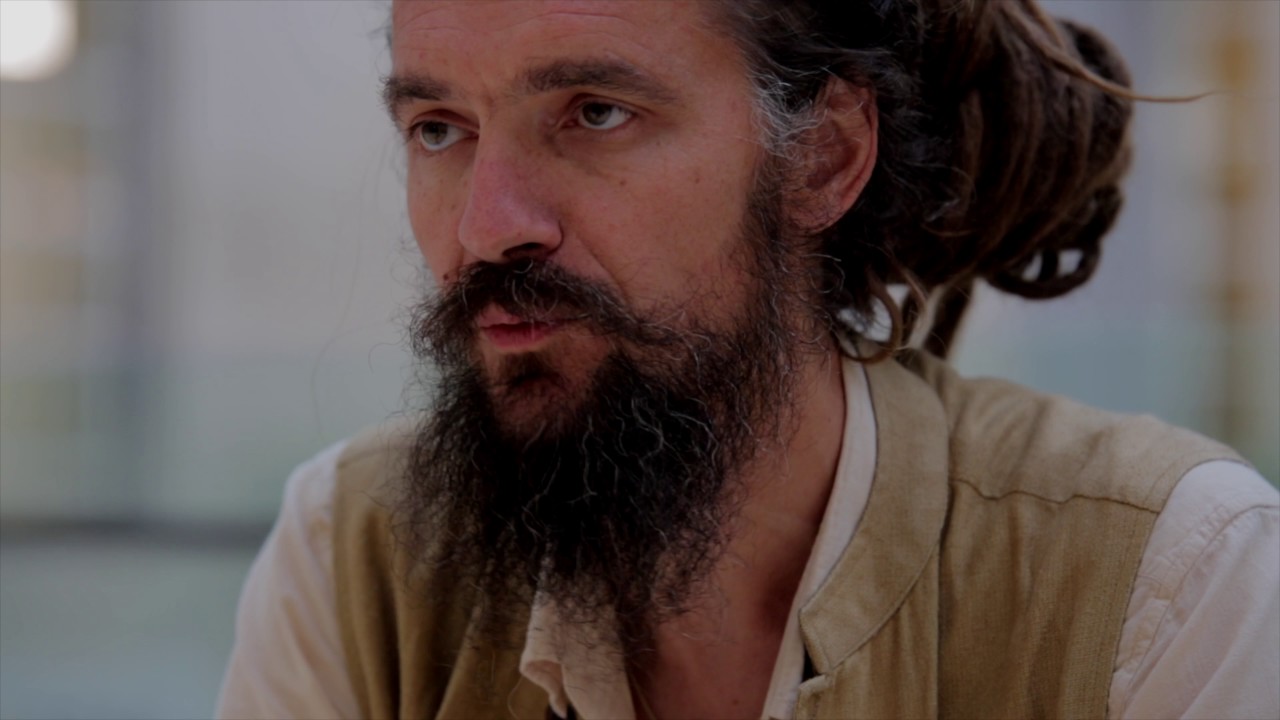The Hatha Yoga Project: Ancient practices for modern wellbeing


Overview
Hatha yoga was the name given in medieval India to a method of yoga in which physical practices predominate.
It originated among diverse ascetic traditions around 1000 CE and gradually became central to several Indian religious schools including orthodox Hinduism. Hatha yoga is also the source of much of the modern yoga practised around the world today. The early history of Hatha yoga is crucial for an understanding of both Indian religion and modern yoga, but until recently had not been the object of serious study, leading to inaccurate histories of the development of modern yoga.
The Hatha Yoga Project, led by Dr James Mallinson (Reader in Indology and Yoga Studies) and including researchers from SOAS and the École française d’Extrême Orient, Pondicherry. was a five-year (2015–2020) research project funded by the European Research Council and based at SOAS. The project charted the history of physical yoga practice by means of philology (the study of texts on yoga) and ethnography.
By showing physical yoga to be a historically dynamic practice first codified by Buddhists, the research of the Hatha Yoga Project upended the understanding of yoga as an extreme Hindu ascetic practice that only became health-oriented as a result of colonialism. The project transformed the teaching of both the history and practice of yoga in universities, schools and yoga studios in Europe and the United States, and its research was integrated into the new standards of the Yoga Alliance, a key global certifying body.
The research of the Hatha Yoga Project has been used by the BBC and Channel 4 for the documentary West Meets East and the BBC Radio 4 documentary, The Secret History of Yoga.




